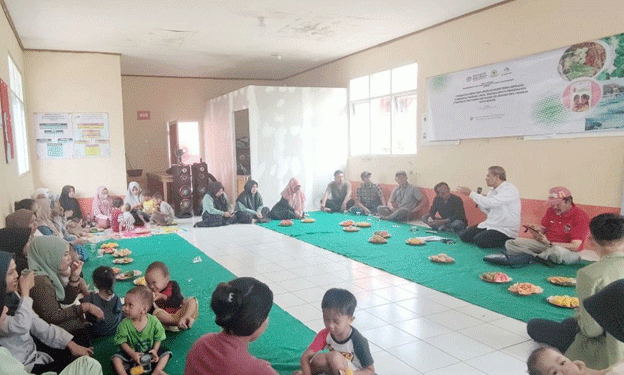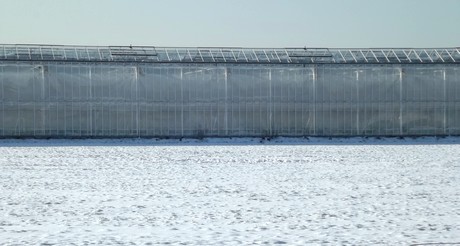Stunting is a critical issue affecting child development in Indonesia, where chronic malnutrition remains a significant concern, particularly in rural areas. To address this, Universitas Djuanda (UNIDA) has introduced an innovative program that combines hydroponic and biofloc technologies with digital health monitoring to support local food security and provide essential nutrients to prevent stunting. Led by Dr. Himmatul Miftah and her team from UNIDA’s Community Service (PKM) initiative, the program has taken root in Posyandu Matahari, a community health center in Mulyaharja, Bogor.
A Multidimensional Approach to Food Security
The program, funded by the Indonesian Ministry of Education, Culture, Research, and Technology (Kemendikbudristek), runs from July to December 2024. It aims to empower communities by providing skills in hydroponic and biofloc systems while also creating a sustainable model for local food production. The hydroponic training enables community members to cultivate nutrient-rich vegetables such as leafy greens in a soil-free system, utilizing minimal space and resources. Additionally, the biofloc system allows for efficient catfish farming, which provides a rich source of protein.
These systems not only promote self-sufficiency but also introduce an economic aspect, as the vegetables and fish can be sold locally. Yanyan Mulyaningsih, a team member and agricultural specialist, highlights the economic benefits: “Hydroponic vegetables can be sold at competitive prices within the community, with the potential to expand into modern markets once production is stable.”
Digital Monitoring to Track Child Health
A key component of the program is a digital app called Pantau Posyandu, developed to facilitate regular health monitoring of children and pregnant women. This app allows Posyandu staff and volunteers to record health data, track key indicators related to stunting, and set reminders for health check-ups. With features for trend visualization and personalized recommendations, the app supports early detection and targeted interventions for stunting, making health data more accessible and actionable for local health workers.
Community Engagement and Enthusiasm
The initiative has received a warm response from local leaders and residents. Suherman, the head of RW 04 in Mulyaharja, expressed his appreciation: “We are grateful for the installation of biofloc and hydroponic systems and the training provided. This knowledge has empowered our Posyandu staff to promote sustainable food security.” Posyandu volunteer Syafnizar hopes to see the program expand further: “We would love to have representatives from every neighborhood trained in hydroponics and biofloc to serve as ambassadors of health and sustainability.”
Potential and Sustainability
The dual focus on food security and health monitoring makes this program particularly impactful. According to the World Health Organization, about 30% of Indonesian children under five suffer from stunting, largely due to a lack of nutritious food. By integrating hydroponic vegetables and biofloc fish into the local diet, this initiative addresses key nutrient gaps in the community, providing children with the essential vitamins and proteins needed for healthy development.
UNIDA’s approach to fighting stunting combines innovative agricultural techniques with health technology, offering a comprehensive solution to food insecurity and malnutrition. As the program progresses, it holds promise not only for immediate health benefits but also as a model for other regions. With ongoing community support, this initiative could become a cornerstone in the nationwide effort to reduce stunting and improve child health outcomes.










